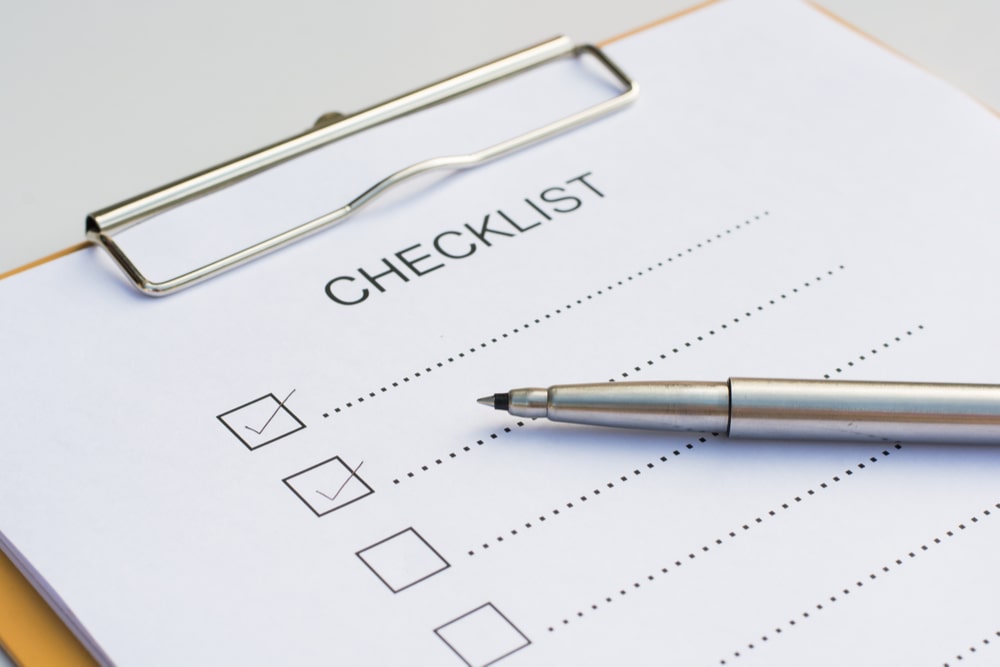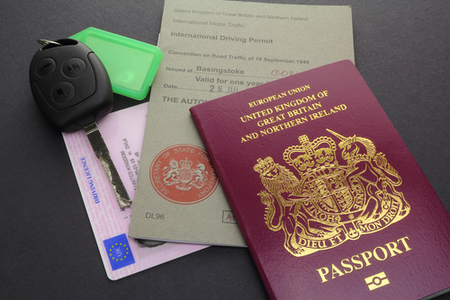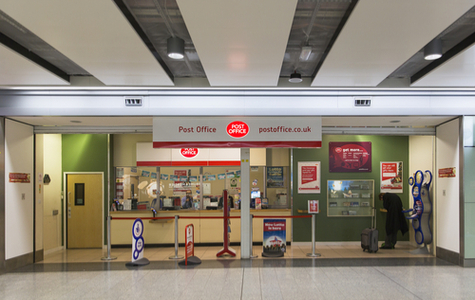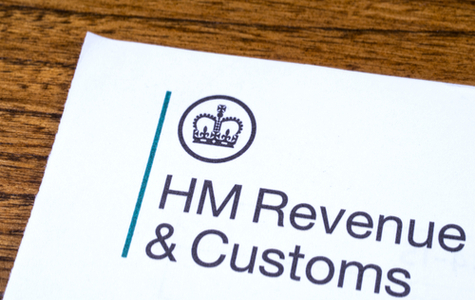
Key Takeaways
1. Personal Checklist:
- Organise family, employer, and friend notifications.
- Update financial accounts (current account, credit cards, savings accounts, pension, insurance, etc.).
2. Utilities Checklist:
- Notify water, TV license, gas, digital TV, electricity, broadband, landline, and mobile phone providers.
- Update government, motoring, health, entertainment, and HMRC details.
3. Redirect Mail:
- Set up a Royal Mail redirect to protect your identity and ensure important documents reach your new address.
Moving house comes with a long list of ‘to dos’. You’ll need to notify a host of providers of your change of address. One thing that doesn’t always spring to mind is sorting out the council tax for your new property.
It’s worth notifying the council as soon as possible that you’ve changed address, to avoid paying more than you need to. In fact, you can update your details as soon as you move, usually online on your local council’s website. Tell them when you’ll be moving. If your current house is owned by you and it’ll be vacant for a few weeks, you’ll still need to pay council tax at a reduced rate, but you won’t need to worry if you’re currently renting. From changing your council tax to driving license and notifying your bank, here is our advice on how to deal with and update your paperwork when you move house.

What happens with council tax when I move house?
In most cases, your council will send you a final bill which they’ll take as a monthly payment. They’ll also send you a final statement.
When you move, you’ll receive a new annual bill for the new property. Unless you move at the start of the council’s financial year, this will be on a pro-rata basis to reflect what is left to pay. If you’re going to be paying council tax to the same council as before the move, you can normally carry on with the same Direct Debit arrangement. If you’re moving to a new council area, you’ll need to set up a new account and begin as a new customer.
Remember, you need to advise both councils – the one collecting the tax where you currently live and the one collecting the tax where you’re moving to – about your change of address. You may be fined if you fail to notify your council tax department of a change in address.

Moving House Checklist – Other things to Sort Out
So you’ve told your council about a change of address; here are some other essential things you need to take care of.
1. Driving licence change of address
Changing the address on your driving licence is surprisingly easy. If you’ve got a recent passport, you won’t even need to send off a new photo. Renew your driving licence here (link to DVLA).

2. Notify your bank
Even if you’ve got online banking and paperless statements, your bank still needs to know where you live for anti-fraud reasons. Most banks require you attend a branch in person, with I.D. and proof of residence (a utility bill, mortgage statement or tenancy agreement) before they’ll let you change the address on your account.
If you don’t change your bank address, you may experience problems paying for things with your debit card online and you can also leave yourself open to fraud and identify theft.

3. Notify insurance companies
Another important one, especially if you’re transferring car and contents cover. Most insurance companies let you do this online. Before notifying them, get a selection of quotes for cover at your new address.
You may find that you can save money (or at least minimise the increases) by switching provider. Your insurer will most likely pro rata what is left to pay and add it to your final bill, plus any cancellation fees.

4. Contact your utility providers
This should be one of the first things you change. It’s wise to shop around for a better deal at this stage too, as utility providers have different tariffs in certain areas. Since you’re having to change address anyway, you might as well check to see if there’s a better deal.
5. Get in touch with the Post Office
You can set up mail redirection for approximately £30 per year. This means all mail addressed to you at your old address goes straight to your new address. But do be aware, this only covers your name. If you and an unmarried partner or housemate are both moving out, you’ll need separate mail redirection. You can set it all up on the Post Office’s website.

6. Tell TV Licensing of any change of address
You should tell TV Licensing of a change in address, but you will not typically need to renew or alter your license, unless you won’t be watching live television at your new home. You can tell TV Licensing about your new circumstances at the TV licensing website.
7. Your Workplace
No doubt colleagues and work friends will know you’re moving, but your HR department will have a process for logging new addresses.

8. Your Doctor
You don’t have to let your current doctor know you’re moving – your new doctor will write to them to request your medical records – but most practices would appreciate being notified so they can manage patient numbers more effectively.
If you are moving a short distance you may be covered by the same surgery as you are currently, but it’s worth confirming the details of their catchment area in advance.

9. Notify HMRC
For obvious reasons, HMRC are good at keeping up-to-date with where you live. They often share data with local authorities, so you may notice that they update their files before you notify them of a change of address, but it’s best to be proactive. You can change your address by logging into your online HMRC account.
10. Inform child benefits agency
If you have children, you’ll need to tell the child benefits agency. However, once you’ve told HMRC you’re moving, they usually tend to update all relevant records. Although you can make sure things move quicker by doing everything yourself.


